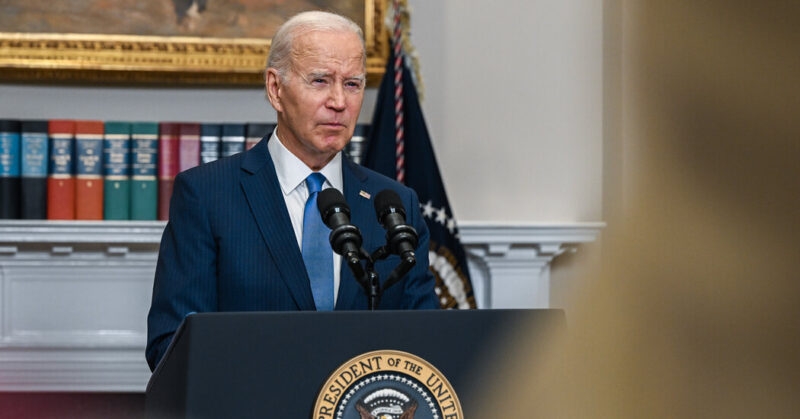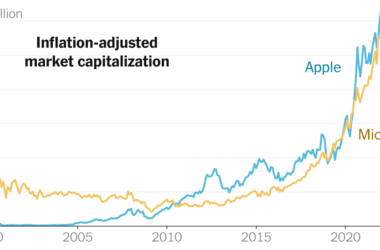The Biden administration is set to implement new restrictions on American investments in specific advanced industries in China. This move is intended to protect national security but is likely to cause tension with Beijing. The restrictions would prevent private equity and venture capital firms from investing in high-tech sectors such as quantum computing, artificial intelligence, and advanced semiconductors. The goal is to prevent the transfer of American funds and expertise to China. Additionally, the new measure would require firms investing in a broader range of Chinese industries to report their activity, enhancing the government’s visibility into financial exchanges between the two countries.
Biden officials have stressed that these investment restrictions will narrowly target sectors that could assist the Chinese military or surveillance state in addressing security threats, rather than disrupting legitimate business with China. There is growing evidence that U.S. capital is being used to advance Chinese military capabilities, indicating the need for measures to combat this activity. However, the Biden administration has also been working to improve relations with China and has emphasized that targeted actions against China aim solely to protect U.S. national security.
In recent years, the U.S. has reduced investments in China due to severed economic ties. However, venture capital and private equity firms have continued to seek opportunities for partnerships in China’s thriving tech industry. Some critics argue that the new restrictions may not go far enough to limit U.S. funding of Chinese technology, while others express concern that these measures could put the U.S. economy at a disadvantage. They believe that other countries will continue forming technology partnerships with China, leaving the U.S. isolated.
Nicholas R. Lardy, a nonresident senior fellow at the Peterson Institute for International Economics, points out that the United States contributed less than 5% of China’s inbound direct investment in 2021 and 2022. He believes that unless other major investors in China adopt similar restrictions, the policy may not have a significant impact. Some Biden officials have been engaging with allies and encouraging them to implement similar restrictions. The European Commission’s president, Ursula von der Leyen, has already shown support for introducing their own measures.
Before finalizing the new rules, the administration is expected to seek input from businesses and other organizations. Implementing and enforcing these restrictions may prove challenging, requiring close engagement with Silicon Valley and Wall Street. It will require coordination among various sectors, as the national security community has been cautious in recognizing the financial system as a potential warfighting domain, and the business community has resisted the politicization of private markets.
Unique Perspective: Investment restrictions on China by the Biden administration reflect growing concerns over national security implications. By targeting specific high-tech sectors, the U.S. aims to prevent the transfer of funds and expertise that could enhance Chinese military capabilities. However, critics argue that these measures may not have a significant impact unless other major investors implement similar restrictions. The challenge lies in striking a balance between protecting national security and avoiding isolation from other countries forging partnerships with China.








